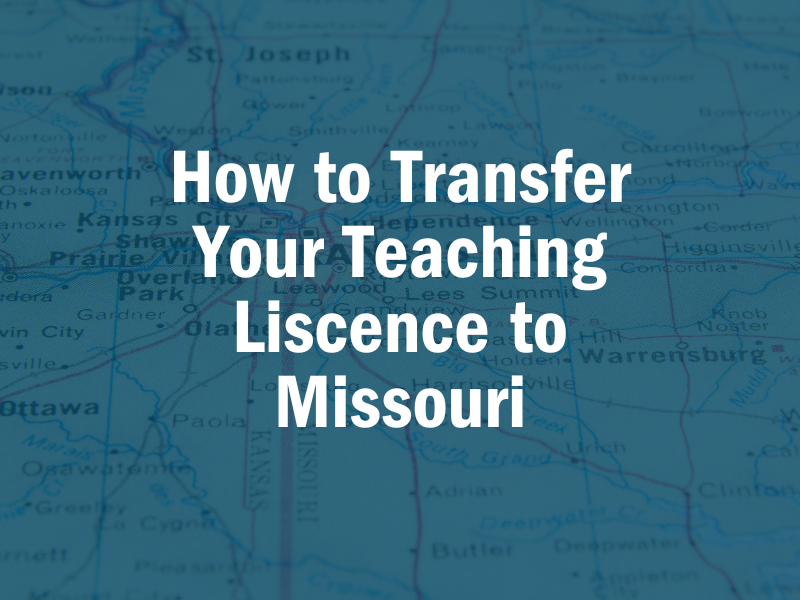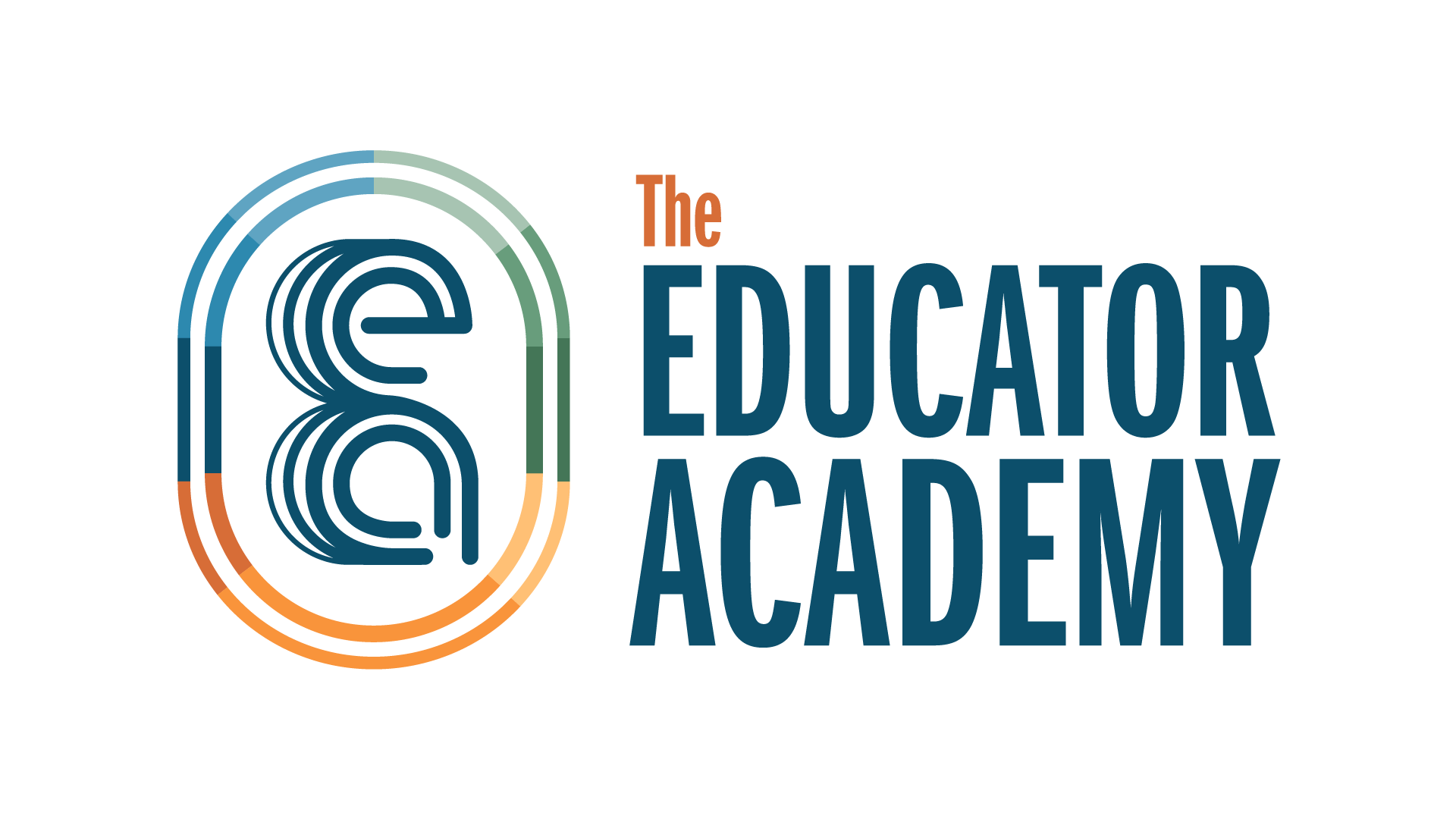
Earning certification is a critical step to a career as an educator. It is also a complicated and lengthy process that requires different steps in each state. Teachers looking to relocate from one state to the other must obtain that state’s certification or teaching license before being hired into most teaching positions. If you are currently a Kansas teacher and want to teach in Missouri, you will have to complete a Kansas to Missouri teacher license transfer.
The good news is that states such as Missouri and Kansas have processes and systems to allow you to teach in their state. You may be able to transfer your teaching certificate from one state to another. Many states refer to this process as “reciprocity.” While that specific term isn’t used by either Missouri or Kansas, both states have processes that allow a certified or licensed teacher in one state to become certified or licensed without starting over. In this post, we’ll break down the steps for a Kansas to Missouri teacher license transfer.
Before you get started
Missouri and Kansas honor teacher certifications that are earned in most states throughout the United States. The steps detailed below only apply if you have a current teaching certificate or license. We provided a breakdown of what teaching certification is, why it matters, and how you can complete that process in Missouri in this post.
In addition, your certification must be current, you must have access to your undergraduate transcripts, and you must be able to pass a background check to start this process with either state. There are other requirements for each state, detailed below, but it is important to check those before you begin.
Finally, while certification and license areas don’t line up perfectly, you can only receive credentials for an area that is equivalent to what you already hold. For example, if you hold an Elementary Education license in Kansas, Missouri would grant Elementary Education certification in Missouri. However, you couldn’t request that an Elementary Education license in Kansas grant you High School Biology certification in Missouri.
Certification vs. Licensure
One additional note: Missouri and Kansas use two different names for the same item and process. Missouri uses the term “certification” to describe the credential that a teacher must have to be a fully qualified teacher. Kansas uses the term “licensure” to describe the same credential. While these terms describe the same item, it is important to know which state uses which. Exploring MO DESE’s website and looking for the term “licensure” or looking for the term “certification” on KSDE’s website will result in a lot of confusion. We’ll use the appropriate term for each below in describing the process of applying for one by holding the other.
The steps to a Kansas to Missouri teacher license transfer
If you hold a valid Kansas License, you can use that to apply for Missouri Certification in a similar grade level and content area.
Step One: Create an Educator Profile
The first step is to create an online Educator Profile via DESE’s website. This profile will be used to upload and submit various documents and also to check the progress of your application. This guide from DESE provides step-by-step directions for how to create that account. One important thing you’ll receive when completing this process is an Educator ID Number, which you will need later.
Step Two: Complete the Non-Missouri Graduate Application.
The second step is to start a Non-Missouri Graduate Application. This must be done from within your Educator Profile, created in the previous step.
Step Three: Gather your Documentation
The most time-consuming step of this process is next, which is gathering the necessary documents to complete your Non-Missouri Graduate Application. The documentation you will need includes:
- Official copies of any and all undergraduate and/or graduate transcripts
- Keep in mind that you’ll need to provide transcripts for every institution you have attended, even if that college or university didn’t grant you a degree, or you transferred those credits to another institution.
- These official transcripts must be ordered from the institution you attended and sent directly to DESE–and they must be official (copies or scanned documents won’t be accepted).
- When sending be sure to include your Educator ID Number and Social Security Number
- A copy of your Kansas Teaching License
- Unlike transcripts, this can be photocopied or scanned.
- Remember that this must be valid–it can’t be expired or revoked.
- Verification of Prior Teaching Experience
- This is proof that you have completed teaching experience and worked at least half-time during that experience.
- You have two options for how to complete this step.
- The first, and easier of the two options, is to complete this form and submit it via your Educator Profile.
- The second option is to ask the school or district that you worked for to submit a letter that verifies your years of experience, including what years you worked, plus the content areas and grade levels you taught.
- Make sure this is signed by a school official and sent in an official school envelope.
Step Four: Complete a Background Check
Next, you’ll need to complete a criminal background check. You can do this by visiting a fingerprinting vendor and having them take your fingerprints. They’ll send those directly on to DESE if requested, so be sure to name them as the recipient. A list of vendors can be found here on DESE’s website.
Step Five: Application Fee
Finally, you’ll pay a $100, non-refundable fee to submit your application.
Once these steps are completed, you’ll be able to check the progress of your application by logging into your educator profile and clicking “Check Application Status.”
Looking for support in becoming a teacher?
Looking to become a certified teacher? Whether you are looking to become a teacher, or are already in the classroom, The Educator Academy can help you. Furthermore, we exist to sustain empowered educators in creating equitable classroom experiences for all students. Send us a message to receive more supports for your next step in education!
Want to learn more? Join our Newsletter
Stay connected with the latest news, resources, and opportunities from The Educator Academy by signing up for our newsletter!

